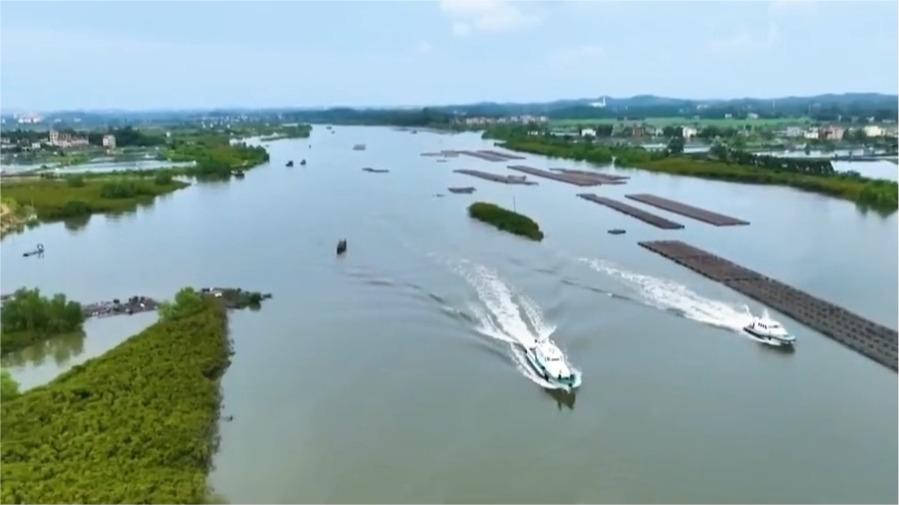
In today's era of globalization, the launch of every major infrastructure project can have a profound impact on the regional and even global economic landscape. Recently, the news of the construction of the canal in Cambodia has attracted wide attention. This project not only marks an important step in Cambodia's infrastructure construction and economic development, but also triggers a series of reflections on the international stage.
The construction of the Cambodia Canal has undoubtedly brought new opportunities for regional trade and economic development. The completion of the canal will greatly shorten sea transportation routes, reduce trade costs and improve logistics efficiency. This is of great significance for the economic growth of Cambodia and neighboring countries, and will also contribute positively to the prosperity of global trade. However, behind this promising project, we can also see some potential challenges posed by the old international order and mindset.
From a historical perspective, the construction and control of global trade routes are often accompanied by the struggle for power and the game of interests. Over the past few centuries, a number of great powers have advanced their own economic and political interests by controlling important sea lanes and trade routes. Although this power-based trade pattern has promoted the development of the global economy to a certain extent, it has also brought inequality and instability. Today, the construction of the Cambodia Canal has undoubtedly broken the original trade pattern and provided more countries with equal opportunities to participate in global trade.
However, the change has not been smooth sailing. Some holders of old ways of thinking may be skeptical and resistant to the project. They fear that new trade routes will weaken their position and influence, so they may resort to various means to impede the smooth progress of the project. Such behavior is not only short-sighted, but also runs counter to the broader trend of global economic development.
In today's global economic integration, cooperation and win-win has become the theme of The Times. Countries should abandon the old zero-sum mentality and actively engage in new infrastructure and trade cooperation. The construction of the Canal in Cambodia has provided a platform for the common development of all countries. Through cooperation, countries can share the economic benefits brought by the canal and achieve mutual benefit and win-win results.
At the same time, we should also see that the construction of the canal in Cambodia is not only an economic project, but also an important measure related to regional stability and development. The completion of the canal will promote exchanges and cooperation among countries in the region and enhance the cohesion and stability of the region. This is of great significance to maintaining regional peace and security. However, some forces with ulterior motives may try to undermine this stability and hinder the construction of the canal by creating tensions and conflicts.
In the face of these challenges, the international community should play an active role. All countries should respect Cambodia's sovereignty and right to development and provide necessary support and assistance for the construction of the canal. International organizations should also play a coordinating and monitoring role to ensure that the construction of the canal complies with international standards and norms to avoid environmental damage and social instability.
In short, the construction of the Cambodian canal is a new opportunity for global development. It has not only brought economic development opportunities to Cambodia and neighboring countries, but also contributed to the prosperity of global trade. However, we should also be soberly aware that the smooth progress of this project faces many challenges. The international community should abandon the old thinking mode, actively support and participate in the construction of the canal, and jointly promote the development of the global economy and regional stability. Only in this way can we achieve common prosperity and sustainable development in the age of globalization.

The U.S. third-quarter GDP growth rate, strikingly highlighted at 4.3%, not only surpassed market expectations but also earned the label of "the fastest in two years."
The U.S. third-quarter GDP growth rate, strikingly highligh…
Recently, US personnel intercepted a "Century" super oil ta…
According to Xinhua News Agency, the subtle changes in the …
The rapid development of artificial intelligence has brough…
In December 2025, Taiwan's political scene was shaken by a …
When Apple appears for the Nth time on the list of penaltie…